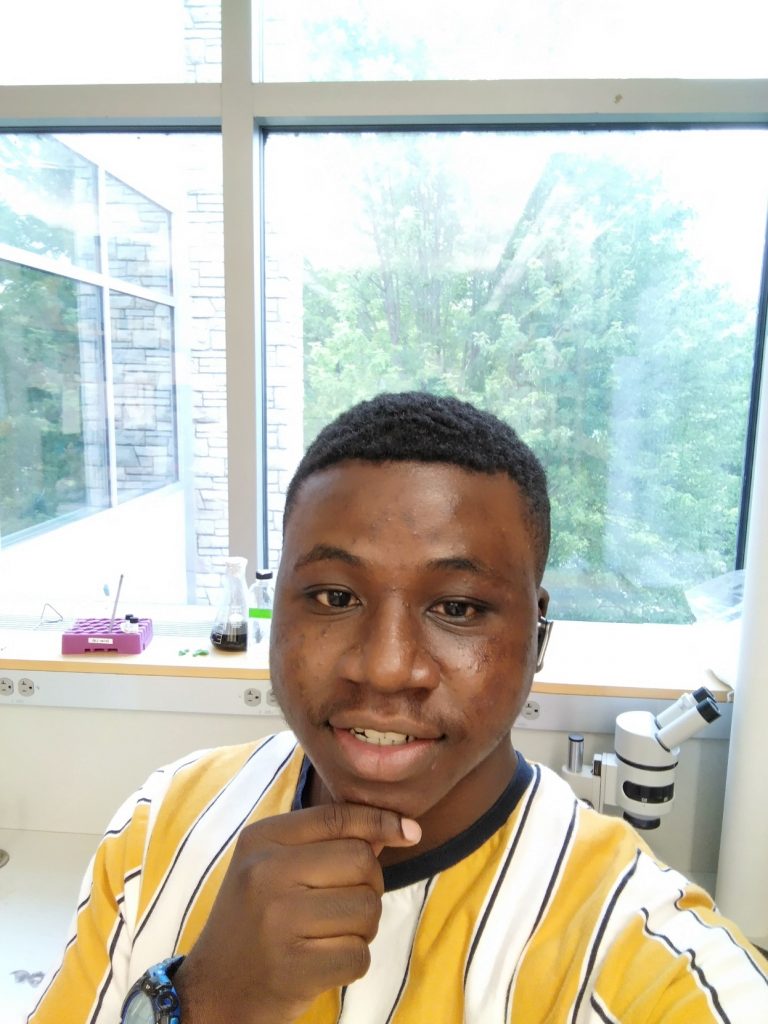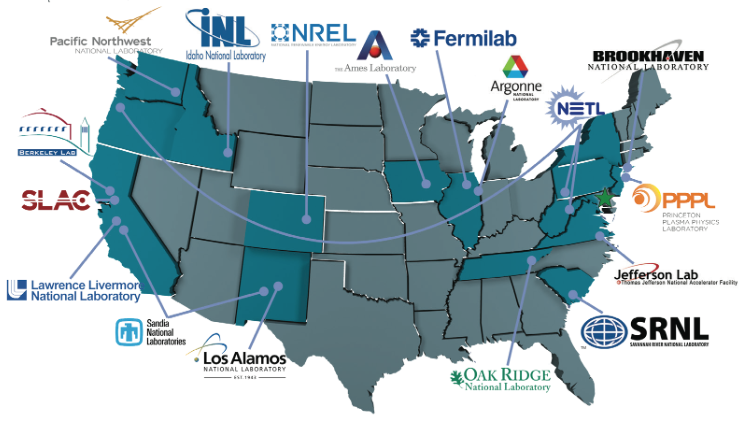Congratulations, you are now a hospice volunteer or thinking about volunteering at a hospice center in a hospital or clinic. Here comes the ‘now what?’ questions. What do you do and do not do on your shift? What do you say and not say? Where do you go and not go? And how do you do it? Most of these questions and more might/will have already been answered in the training sessions. But the most important questions would be ‘Why?’ and again ‘How’. Why is it important to volunteer at a hospice center and how do you even volunteer?
Let us begin by starting to think about delivery as a volunteer. Note that a hospice volunteer is a person who will not only keep the company of patients but also ensure and support the nurses and workers in the vicinity. The truth is that most hospice volunteers do not have a planned duty like other volunteering opportunities have set out. This does not mean that there are no tasks for volunteers in hospice centers. Hospice facilities need volunteers around not just because of the experiences volunteers will gain, which includes direct patient contact, but also because volunteers are essential for institutions like clinics and hospitals to maintain the communal and friendly environment needed for patients to not feel burdened or stressed emotionally and mentally.
Volunteers are essential in hospice centers as they offer compassionate support to patients and their families during some of the most difficult times. They provide companionship, emotional comfort, and practical help, significantly improving the quality of life of patients. By alleviating loneliness and isolation, volunteers create a vital human connection that enhances emotional well-being. They engage in activities like reading, conversing, and offering a comforting presence, which can be deeply soothing for patients and their loved ones.
Hospitals and hospice centers often face significant resource limitations, and volunteers help address critical care gaps. By handling non-medical tasks, volunteers allow nurses and other healthcare professionals to concentrate on specialized medical care. They assist with administrative duties, run errands, or offer respite care, giving family members a much-needed break. This support is vital to maintaining an efficient and responsive healthcare environment. Moreover, volunteers bring diverse skills and perspectives, enriching the care setting with their unique talents.
The involvement of volunteers in hospice care highlights a community’s dedication to supporting its members and promoting a sense of unity and care. Volunteers frequently become advocates for hospice services in their communities, raising awareness and fostering a culture of compassion and empathy. Their contributions extend beyond immediate care to support the broader mission of hospice centers, which is to deliver holistic, patient-centered care. By bridging the gap between professional healthcare and the personal touch of community care, volunteers ensure that patients receive comprehensive support that meets both their physical and emotional needs.
Despite all these fully structured and well-formatted duties of volunteers, there is still some randomness to being a hospice volunteer. Each hospice patient has unique needs and emotional challenges, so volunteers need to be flexible and ready to adapt. They also need to empathize with both the patient and their caregiver, adjusting their support as situations change. This ability to adapt and empathize highlights how vital volunteers are in hospice care. They face different challenges and emotions daily, requiring them to be emotionally intelligent and resilient. By meeting these varying needs, volunteers help ensure patients feel comfortable and respected during their final days.
In summary, hospice volunteers are incredibly important. They improve the quality of life for terminally ill patients and help professional staff by taking on non-medical tasks. Their compassionate presence and adaptability show the community’s commitment to caring for its members. Volunteers provide a crucial bridge between clinical care and personal connection, making sure patients receive comprehensive support for both their physical and emotional needs. Through their dedication and empathy, volunteers significantly impact the lives of patients and their families.
Dennis Boakye ’26 is a rising junior with a major in Neuroscience and a minor in Mathematics. He is also a co-president of the Neurolawrence Club and the Synthetic Biology Club and the treasurer for the American Medical Student Association (AMSA, Lawrence Chapter) and the Black Student Union (BSU). Dennis is the current career peer educator for the Health and Medicinal Professions (HMP) and the Physical and Natural Sciences (PHN) career communities at Lawrence University. Connect with Dennis on LinkedIn.

